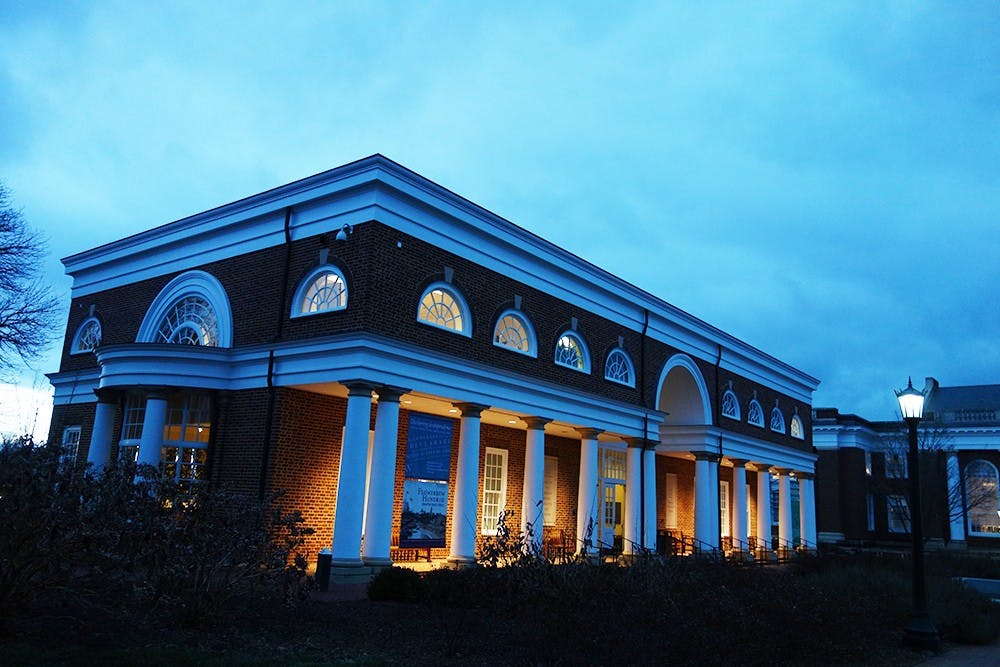The Board of Visitors Advancement Committee met Friday to discuss the transformation of University culture and campaign initiatives to help advance the University’s national reputation.
The meeting included presentations from William Antholis, director and CEO at the Miller Center, Medical School Dean David Wilkes, Curry School Dean Robert Pianta and Provost Thomas Katsouleas.
Each speaker spent about four minutes proposing advancement initiatives, including the cost of implementation.
Antholis spoke of the importance of bringing back a study of the presidency to the curricula in universities around the country, and said the University should spearhead the mission.
“Our university should own and restore the study of the American presidency," Antholis said. “The American presidency is under-taught and under-researched.”
The initiative, which aims to establish an institute for the presidency to “connect history with policy and impact,” is estimated to cost between $35 to $50 million.
Wilkes proposed inviting more physician scientists who have spent a lot of time with patients and have studied diseases firsthand to the University. The Medical School has lost 21 such individuals since 2007.
“We need to attract these individuals to increase our stature as a top tier academic institution,” Wilkes said.
Pianta suggested creating an Institute of Public Policy for youth and engaging younger generations in activism. The students at the institute would work on problems of social consequence that disproportionately affect low-income households across the world.
“It’s about modernizing Jefferson’s vision,” Pianta said.
Katsouleas gave the final presentation, encouraging enhanced interdisciplinarity at the University.
“When you look at [Grounds] now, we have a business building, a chemistry building, a physics building, but not many shared by interdisciplinary scholars,” Katsouleas said.
Following the presentations, Bob Sweeney, senior vice president for University Advancement, discussed the difference between bicentennial financial campaigns and previous campaigns, such as the $3 billion campaign that ended June of 2013.
Sweeney said the most salient difference between the new and previous campaigns lies in consideration of new attitudes toward philanthropy.
“The next generation of benefactors will be looking at charities and nonprofits [and] will stop thinking about projects and starting thinking about outcomes,” Sweeney said.
He also addressed the need for change of the donors’ individual donation sizes.
“I think we need to attract the 8, 9 figure gifts," Sweeney said. "There’s no lack of $25 million donors, but a lack of $25 million ideas.”







